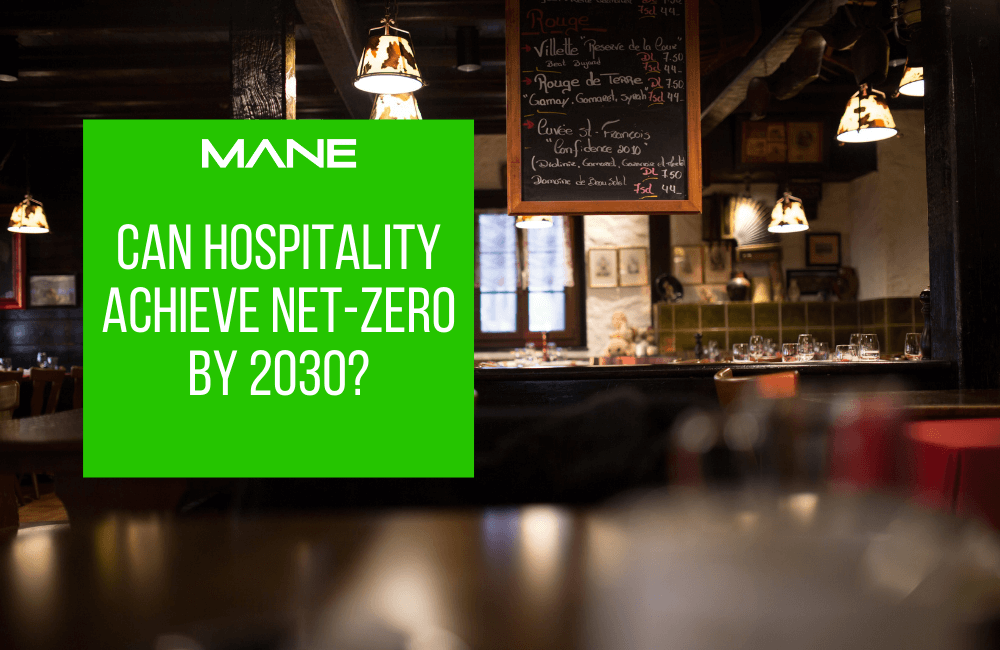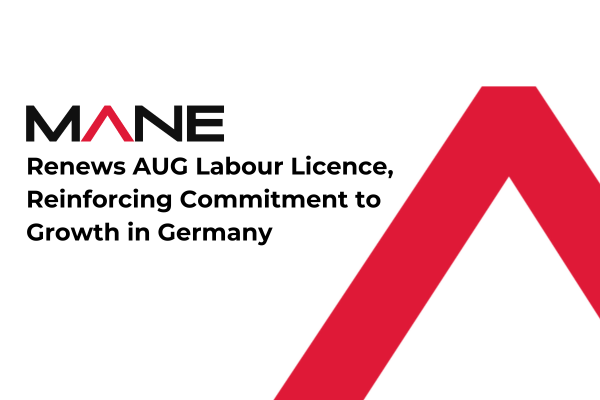Can hospitality achieve net zero by 2030
01 Sep, 202110 MinutesCan hospitality achieve net zero by 2030?British food retailers, food manufacturers and farm...

Can hospitality achieve net zero by 2030?
British food retailers, food manufacturers and farmers have pledged to create a net-zero hospitality industry by 2030. Now the whole food chain will have to work together to achieve that.
The hospitality sector has a major impact on the environment, and decarbonising will mean that every product, every shop, every cafe, every truck, every customer interaction has to go green. This can only happen when the whole sector collaborates.
Organisations like the Zero Carbon Forum are offering guidance on how to get there. These are the five most important areas the hospitality sector needs to fix:
- Supply chains
Large and medium-sized businesses need to drive change in supply chains, creating a value chain that will support both suppliers and B2B customers, especially small businesses.
Morrisons is one large business that’s willing to stand up and be counted – it’s pledged to help 3,000 British farmers reach net zero by 2030.
- Global goal-setting
The global partnership Race to Zero is creating momentum by encouraging companies to register their voluntary net-zero goals. These will look different in different parts of the world.
While the UK today only accounts for 1% of the world’s emissions, if you count from the beginning of the Industrial Revolution, we’ve been the fifth largest carbon emitter in the world – and our status as a wealthy country is based on our polluting past.
Rather than imposing deadlines and expectations on poorer countries, it’s now our job to support them with relevant technologies, solutions and innovations.
- Pricing carbon
Pricing carbon means large carbon emitters literally pay the price of their emissions. Carbon-pricing initiatives are voluntary at present but could become mandatory.
While this may sound draconian, carbon prices actually offer a more flexible approach than setting legal limits on emissions. They allow businesses to innovate and find their own best route to decarbonisation rather than having one imposed on them from above.
- Informing customers
Online shopping not only offers carbon-cutting advantages over high-street shopping, but it also allows companies to share more information with consumers as they shop. Businesses need to keep people informed about the impact of their consumption choices and show them how they can make lower-carbon choices.
- Value chain adjustment
The British food sector is gearing up to become a world leader in carbon-cutting. From the market (UK Retail Consortium for Retailers, Zero Carbon Forum for Hospitality) to farming (National Federation of Farmers) and food manufacturing (Food and Drug Federation), most of the food value chain is either net-zero or working towards it. This collaboration is key to enabling tens of thousands of hospitality businesses to deliver a thriving low-carbon economy.


